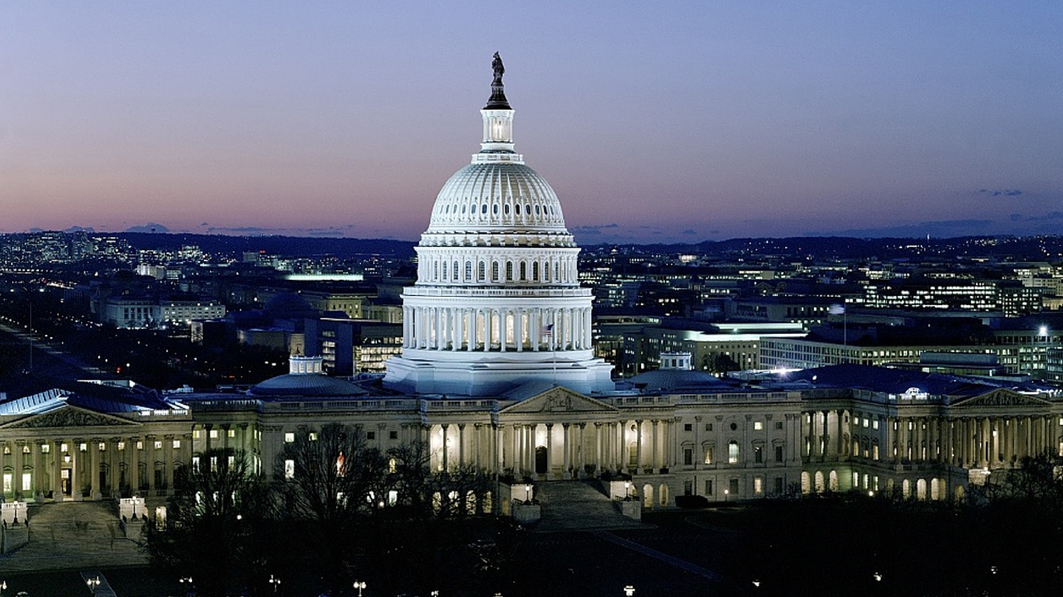The President of the United States has authority to appoint roughly 1,200 people to executive positions within the federal government that require Senate “advice and consent,” i.e., a confirmation vote. Those can include everyone from Cabinet-level Secretaries to federal judges to ambassadors to the undersecretary of this-or-that agency.
Now calculate the time lost if one political party in the Senate were so bent on disrupting a particular Administration that it insisted on requiring, under current Senate rules, 30 hours of floor debate for each one of those nominations. Or just look at judicial nominations, where the problem really manifests itself. There are currently 170 open and known future judicial vacancies (which is always growing due to retirements and deaths, unless filled) for which 63 names submitted by the President are pending in the Senate.
Democrats, still bitter over the fact that Merrick Garland isn’t sitting on the Supreme Court right now, have hijacked the confirmation process and are slow-walking nominees by invoking the 30-hour debate rule.
Republicans, with a 53-47 Senate majority, have responded by passing a rule change in committee this week to reduce the 30 hours to two for sub-Cabinet officers and district court judges (leaving the 30-hour rule in place for appellate judges, including the Supreme Court, and Cabinet officers). It now must pass a full Senate vote, which technically takes 60 votes to pass, but since both parties have invoked the “nuclear option” over the past several years to lower the 60-vote requirement to a majority vote of 51 to streamline judicial confirmations, another “nuclear option” appears to be in the offing in the very near future.
Democrats complain that the rule change is a blatant power grab. However, with several such rules changes already part of recent history, it’s clear that each such rule change ends up benefitting both parties.
It all began when the first nuclear option was exercised by then-Senate Majority Leader Harry Reid (D-NV) and Senate Democrats in 2013 on behalf of President Obama’s judicial nominees to the federal courts of appeal. In 2017, Senate Majority Leader Mitch McConnell (R-KY) and Republicans extended the new Harry Reid rule to Supreme Court justices in order to smooth the way for Justice Neil Gorsuch’s confirmation.
As the Senate (as well as the House) reflect the increasing polarization of politics and American culture in general, we’re likely to see these types of rules changes continue.
We will be bringing you updates on this story as it develops.






